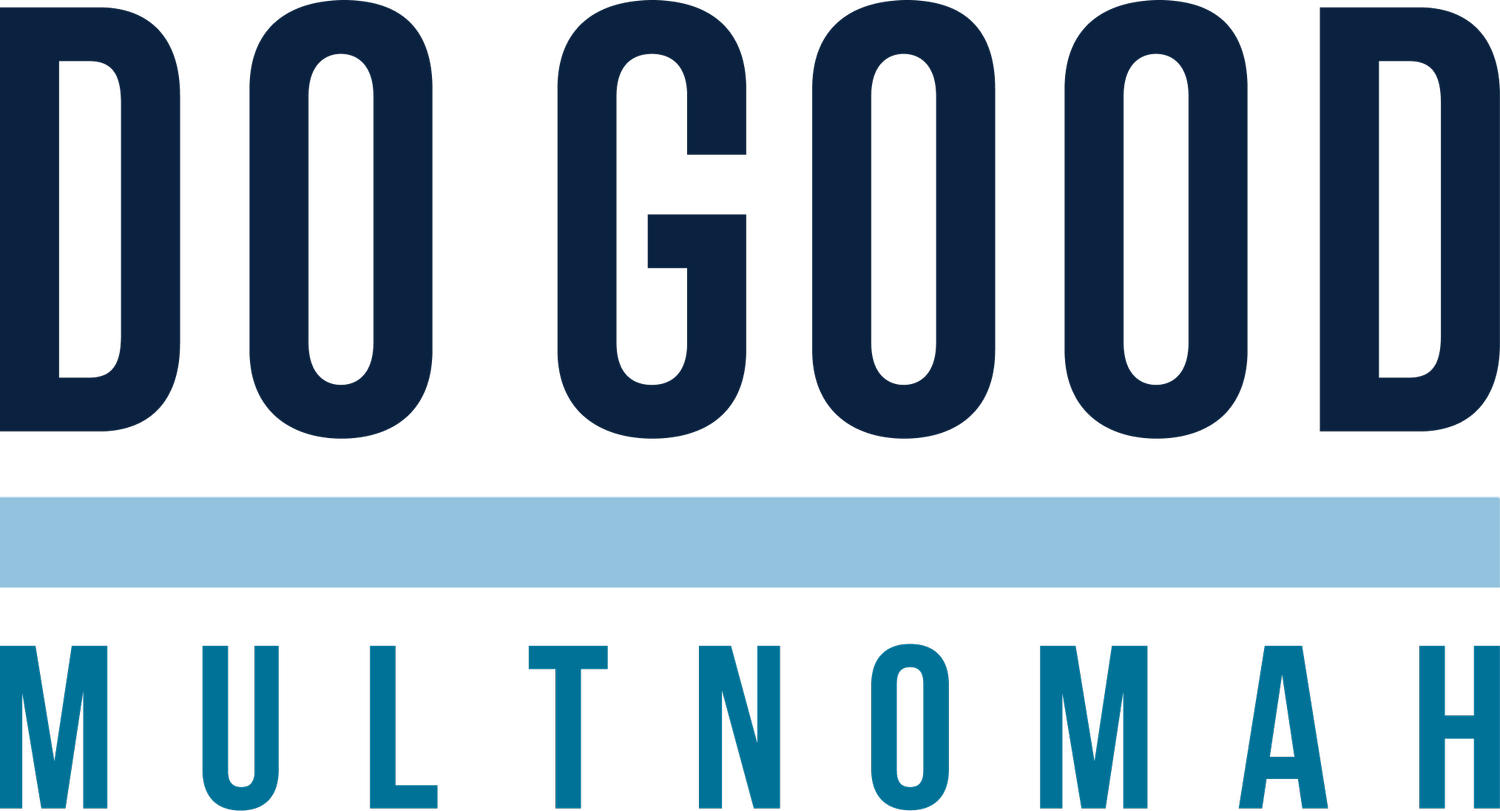Alternative Shelter
We offer shelters as unique as our participants.
Do Good’s alternative shelters are outdoor villages built with individual shelter pods and shared community spaces like showers and kitchens. With the increased stability and safety of a private pod, as well as support services, housing navigation, and case management, these villages help participants overcome their barriers to permanent housing by building responsible independence in their own spaces while maintaining connection to community.
Veteran’s Village
The Veterans Village is operated in partnership with Clackamas County. Since opening in 2018, we have served 138 individual Veterans, 65 of whom have been moved into permanent housing!
Currently, the program can support 24 Veterans in individual, gender-inclusive pods. The village has a shared community space, stocked kitchen, bathroom/showers, and individual case managers to address needs and help participants work towards permanent housing. The generous folks in the greater Veteran-supporting community keep the food pantry stocked. They’ve also donated a gazebo for outdoor meeting space, installed a putting green, and supplied a chicken/duck coop, energizing the village and keeping the space feeling alive and accessible.
To be referred to Vets Village, visit the Clackamas County Coordinated Housing Access.
Veterans Grant per diem
The Veteran Grant and Per Diem (GPD) is a federally-funded type of transitional housing specifically for Veterans, supported by the U.S. Department of Veteran Affairs (VA.)
Do Good’s GPD program features 20 beds of bridge housing and 20 beds of low-demand shelter. The bridge program supports Vets who have already connected to permanent housing resources for Veterans such as SSVF or VASH, who need a safe place to be during the brief period before they move into new housing.
The low-demand effort supports Veterans with larger barriers that may take significant time to overcome. This model is open to all Veterans who have passed the VA screening, including those with behavioral health, mental health, or other challenges that would make them unlikely to be successful in traditional shelter programs.
St. JOHNS VILLAGE
St Johns Village offers 19 individual pods with shared community space, showers, laundry, security features, and a well-outfitted community kitchen. It sits on land leased from neighboring St. Johns Church, and the outdoor space boasts bike storage, a rain garden, and a community garden built in collaboration with the Veterans of VetRest.
Support and housing services are provided in partnership with the Joint Office of Homeless Services. The village’s success is a result of a true community effort, including:
Design work by Convergence Architecture (pro bono)
Rachel Hill, licensed Landscape Architect (pro bono)
Pods built by Mods PDX
WCL Engineering - Civil Engineer (pro bono)
PAE Engineers - Electrical & Low Voltage Engineers (pro bono)
Community advocacy by St. Johns Welcomes the Village Coalition
Kiggins Village
Kiggins Village has the honor of being Do Good’s first ever project north of the Columbia River. It offers a tremendous opportunity to serve the Veterans of Southwest Washington.
Operated in collaboration with the City of Vancouver, this Safe Stay Village features 20 individual pods, as well as a volunteer-built dog run and pet area, plus a handmade patio for every shelter pod.
The community surrounding the shelter shows strong support, including regular donations, volunteer events, and clinical counseling services provided by community health provider Sea Mar. Check out some stories of Kiggins Village in the recent news:
‘You can have a brand-new life’: Once-homeless veteran becomes first graduate of Kiggins Village Safe Stay - The Columbian
With help of Vancouver Safe Stay, former soldier who had lived in truck heads to complex for veterans - The Columbian
Vancouver Safe Stay site provides ‘sense of stability’ by allowing pets - KOIN












